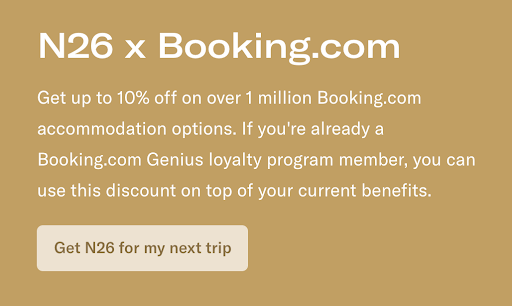
The recent turn-around by Tripadvisor on its PLUS subscription model has once again put the spotlight on the issue of rate control.
NB: This is an article from Bookassist
Tripadvisor PLUS, introduced in the USA in June, allowed subscribers (who paid $99) to get access to discounted hotel stays and perks. The attraction for hotels was that there was no commission charged. All Tripadvisor asked for was a discount and perks for their subscribers.
Subscribe to our weekly newsletter and stay up to date
However, rate parity was an issue, since Tripadvisor Plus was enticing people to sign up by openly displaying discounted room rates that were lower than the publicly available ones on the hotels’ websites. Now, following a kickback from hotel chains, the model has been changed to a cash-back benefit for subscribers, redeemable upon check-in.
But Tripadvisor Plus is just one of many threats to the control that hotels should have over their own rates. Hotels have long struggled and battled with OTAs to protect their rates from being publicly discounted and distributed to other partners.
New Distribution Models
New players in the game are a cause for yet more concern. Revolut, the popular banking app with 10M+ subscribers, offers instant cash back of 7.5%-10% for hotel stays via an Expedia connection, diluting any best rate offer when you book direct. N26, another global banking app, partners with Booking.com to offer additional cash back options, and Booking Genius members get to top up their current discount with the additional 10% offered by N26.

Hotels.com recently partnered with Tesco Ireland giving clubcard members the chance to avail of €15 off at Hotels.com for every €5 Clubcard voucher earned. For Irish hotels this should be a significant cause for concern as Tesco Ireland shoppers are domestic guests who most likely have previously booked direct via the hotel website and would do so again without such incentives. It’s not likely to bring new business but shift business from direct to OTAs.
It’s one thing to have your rate threatened but quite another to have your bread and butter domestic business jeopardised. Not only are Tesco Clubcard members encouraged to book Irish hotels via an OTA but the effort to get these people to book direct now gets even tougher.
Hotels now have to factor in the rate they give Hotels.com and be aware of the additional incentive Tesco shoppers have. When a Tesco shopper lands on a hotel website they will need to see an offer that is better than the combined Hotels.com / Tesco offer if they are to bite.
Regaining Control
Hotels may not be able to control who OTAs partner with to sell their rooms, but they can certainly control the rate and importantly the availability that they give to OTAs. They need to think smarter when distributing to 3rd party OTAs and be more aware than ever of how their inventory may be sold on or discounted, quite publicly. Setting a 2 night minimum, refraining from handing over their best selling room types and avoiding uploading availability too far in advance should all be considered.
The bottom line is that rate parity is NOT enough anymore! Hotels need to beef up their book-direct benefits and shout them from the hilltops. Hotels need to be fully aware of the total value that third party bookers are now getting when setting their own direct booking benefits. Unless the total book-direct value is better than the combined value the booker gets from booking via Tesco or Revolut or N26 for example, then the booking will be lost to the OTA with higher commission paid for the stay.
In a market where pent-up domestic demand can be tapped into direct, there’s no excuse for filling your hotel via high-cost third-party channels.




